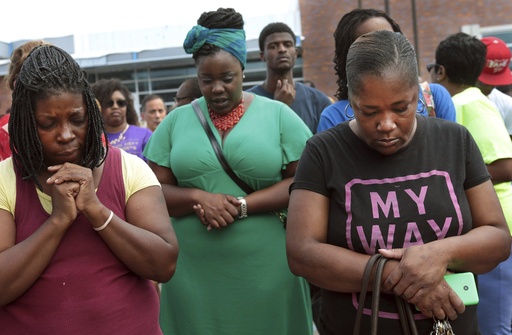Kayla Reed, originally from a predominantly African American area in St. Louis that saw many Black families relocate from the Deep South, underwent a significant shift in her life after her grandmother’s passing. She and her father moved to a St. Louis County town near Ferguson, Missouri, where a decade ago, the fatal shooting of a Black teenager by a white police officer, Michael Brown, had a profound impact on Reed and the nation.
Although not previously involved in community organizing, Reed, a pharmacy technician with a second job, was deeply affected by Brown’s death and the subsequent events. The incident ignited widespread protests and civil unrest, leading Reed to become an activist. The demonstrations, mostly peaceful but tainted by incidents of violence, sparked a larger movement against police violence and systemic racism across the United States.
As the executive director of Action St. Louis, a Black-led political activist group she co-founded, Reed highlights the tangible progress made in the past decade for Black Americans. The activism that arose from Ferguson has brought about changes such as the election of movement-minded leaders, local and federal legislation reform efforts, and increased political engagement within communities.
Moreover, the aftermath of Michael Brown’s death served as a catalyst for the growth of the Black Lives Matter movement and other racial justice causes, transcending to include Indigenous, Latino, and Asian American activism. Multiracial coalition-building has shown promise in effecting change and challenging the oppressive systems ingrained in American society.
Despite some advancements following Ferguson, challenges persist in achieving comprehensive national police reforms. The legacy of Michael Brown’s death continues to influence the ongoing struggles for racial justice in the US, with recurring incidents of police brutality fueling protests and conversations about systemic racism and the need for transformative changes in society.
